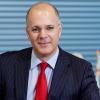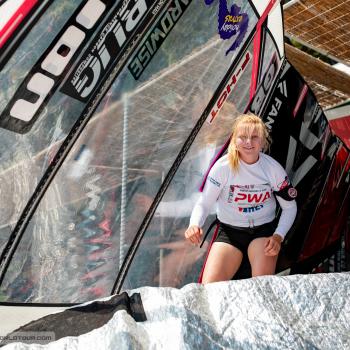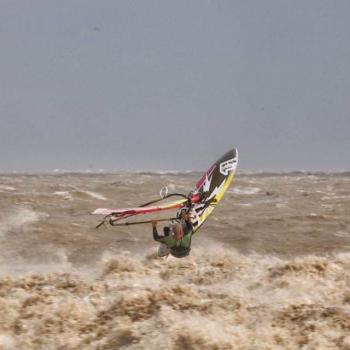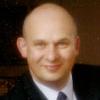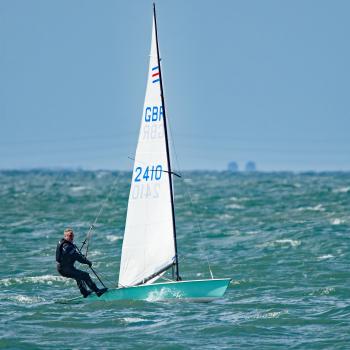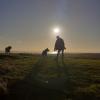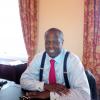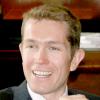As Consultant Shoulder Surgeon, Mr Richard Sinnerton says, "One of the common injuries is the clavicle fracture that occurs with simple falls and which I see most frequently in riders and polo-players." 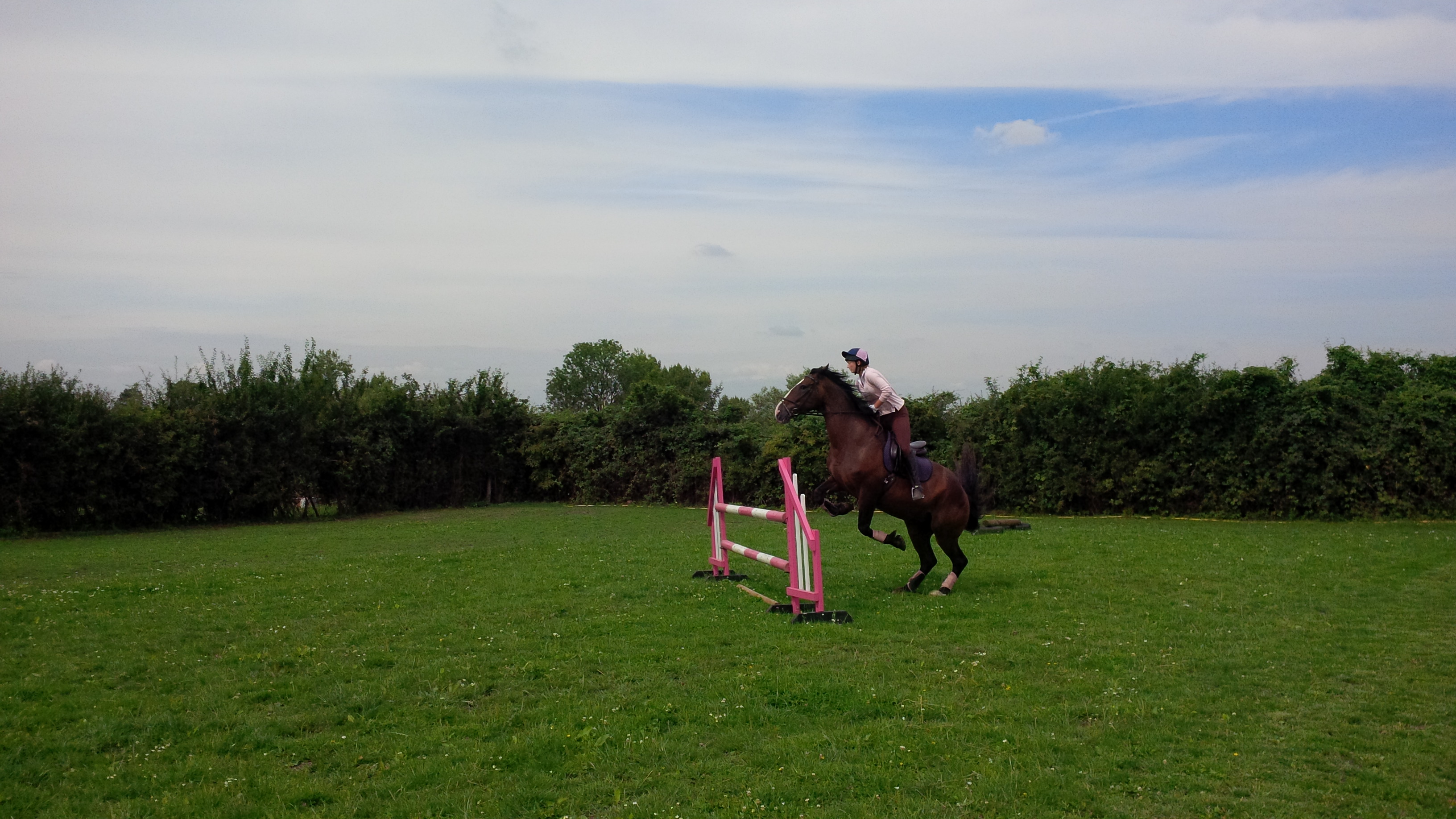
He goes on to explain, albeit slightly tounge in cheek, "The traditional teaching is that, as long as you and your arm are in the same room, virtually all will heal uneventfully and with no long term problems so you don’t need surgery." However, Mr Sinnerton then points out that from the perspective of the shoulder specialist research proves that up to 30% of one particular type of break actually will not heal and should be operated on. He says, "This group are usually high-energy injuries where the ends of the bones are completely off-ended, overlapped by more than 1 cm and with one end tenting the skin.". In these cases surgery is the best option.
With all that is available it is no longer acceptable to be told simply not to worry and that everything will be fine with a sling and a long wait!
So, if you end up sitting in the dirt, slightly dazed and peering towards the sky to then be told that you have fractured a collar-bone, dislocated a shoulder or disrupted the ACJ (as a result of your sporting prowess!), even though 'you and your arm are still in the same room' you should still request all the latest information on the options available to you.
With all that is available it is no longer acceptable to be told simply not to worry and that everything will be fine with a sling and a long wait!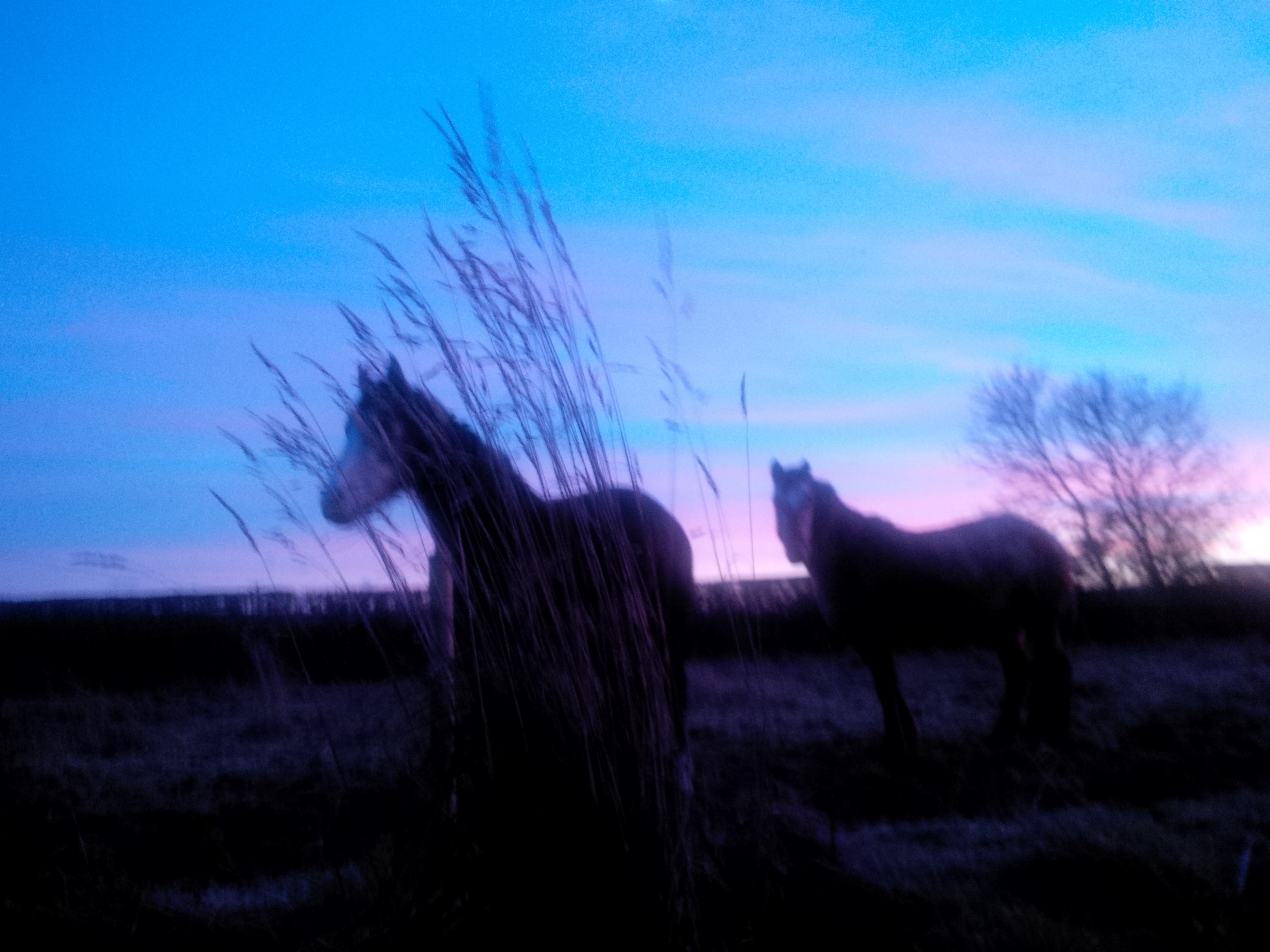
Following a riding accident, or any other trauma resulting in a painful shoulder, Shoulder Surgeon Mr Simon Owen-Johnstone (Simon 'OJ') has prepared full information for patients on what might be the cause:
Mr Owen-Johnstone has then gone onto provide an excellent and easy to follow expert guide outlining all the latest information that shoulder patients (sporting or otherwise!) will need in order to help them be included in decisions over any subsequent appropriate treatment options.
Mr Owen-Johnstone advises, "Don’t try to diagnose yourself - you won’t be able to. A lot of different problems in the shoulder produce similar symptoms, yet the recommended treatments can be very different."

